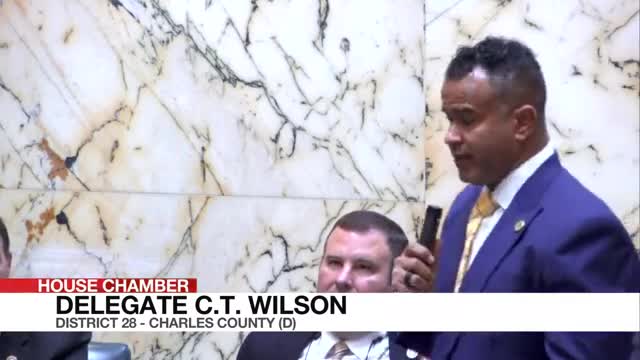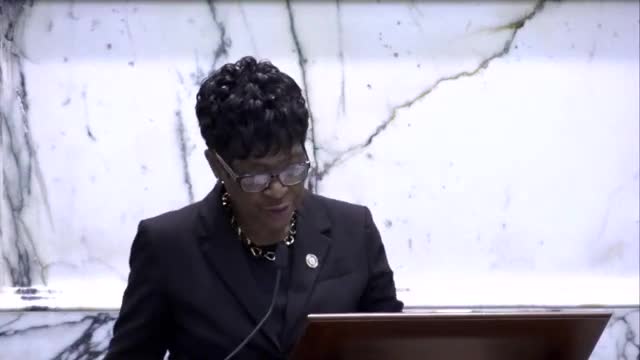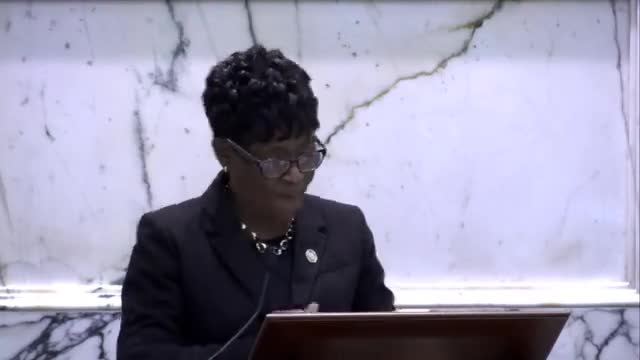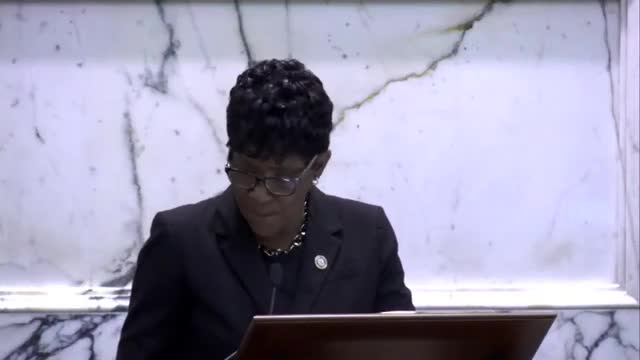Article not found
This article is no longer available. But don't worry—we've gathered other articles that discuss the same topic.

House rejects amendment to require private funding for data-center impact study

House amends consumer-protection bill to remove criminal penalties, clarifies return/shipping rules

House declines amendments to clarify court awards of late fees in residential leases bill

